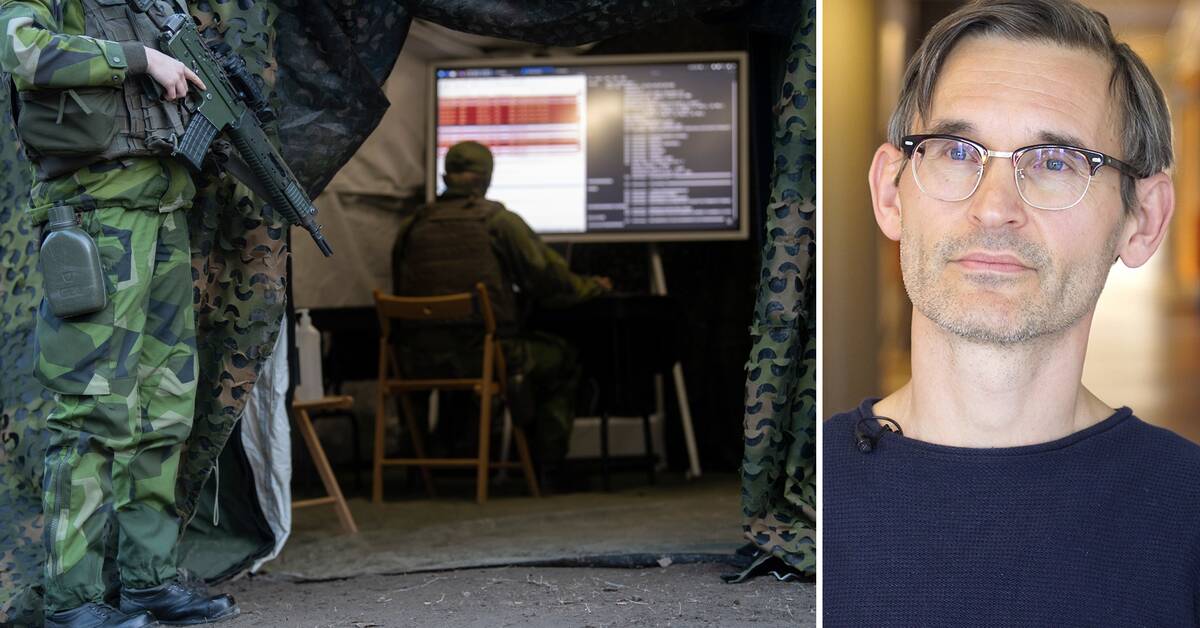Powerless electrical outlets and cold elements.
Chilled food that perishes and dry goods that can not be paid for with the bank card.
Medical equipment that does not work and emergency numbers that no one can call.
It sounds like a post-apocalyptic film, but could become a reality in a major IT attack on the Swedish electricity grid - an attack that, for example, Russia would be capable of carrying out.
This is the opinion of Pontus Johnson, professor with a focus on cyber security at the Royal Institute of Technology and director of the Center for Cyber Defense.
- We are very dependent on computers and we have not learned to build secure IT systems yet.
The fact that the critical infrastructure is affected is the biggest concern.
Russia and China biggest threats
At the same time as attacks by cybercriminals have become more common, the biggest security threat now comes from other states.
- Nations spend more resources on building their offensive cyber capabilities.
Countries such as Russia and China have very extensive capabilities to attack other countries, such as Sweden.
In addition to intelligence gathering, there are several recent examples of Russian attacks on the West of an influential nature.
Among other things, against the American election 2016.
- Russia also attacked Ukraine 2015-2016 and shut down the electricity grid, it was the military intelligence service GRU that was behind.
"Need to compensate"
The Swedish Armed Forces also has an entire organization for cyber defense.
This includes, among other things, IT defense units and since 2020, conscripts have been trained as cyber soldiers.
A new specialist officer training will also be started.
However, according to Johnson, who himself trains cyber soldiers, more resources are needed.
- But it is not only the Armed Forces that can protect us in cyberspace, but it is a very common responsibility.
- We have a cybersecurity debt that we have not paid off yet.
We have put too few resources on it and now need to compensate.
Do you have any idea how to finance this?
-
For many organizations, the bottleneck is not money but the availability of competent employees.
This in turn requires investment in the education system.
Politicians can also influence the authorities' priorities, for example through redistribution of existing resources.

